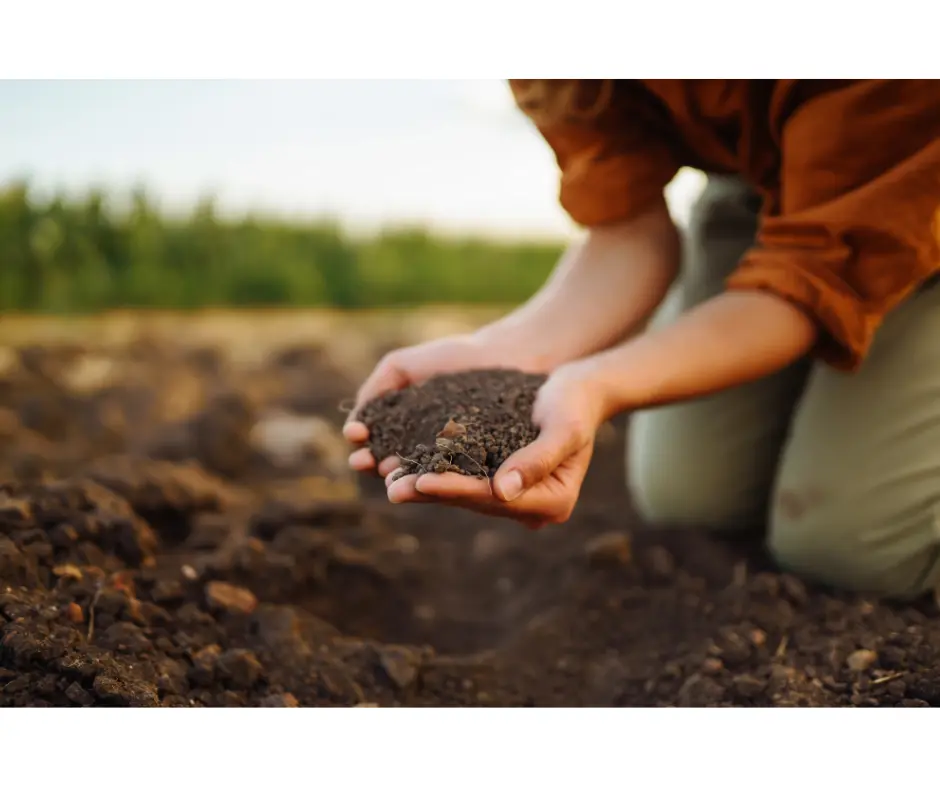Soils of Mizoram for Mizoram PSC
Soils of Mizoram Mizoram is a mountainous region which became the 23rd State of the Indian Union in February, 1987. It was one of the districts of Assam till 1973 when it became a Union Territory. Sandwiched between Myanmar in the east and south and Bangladesh in the west, Mizoram occupies an area of great … Read more
